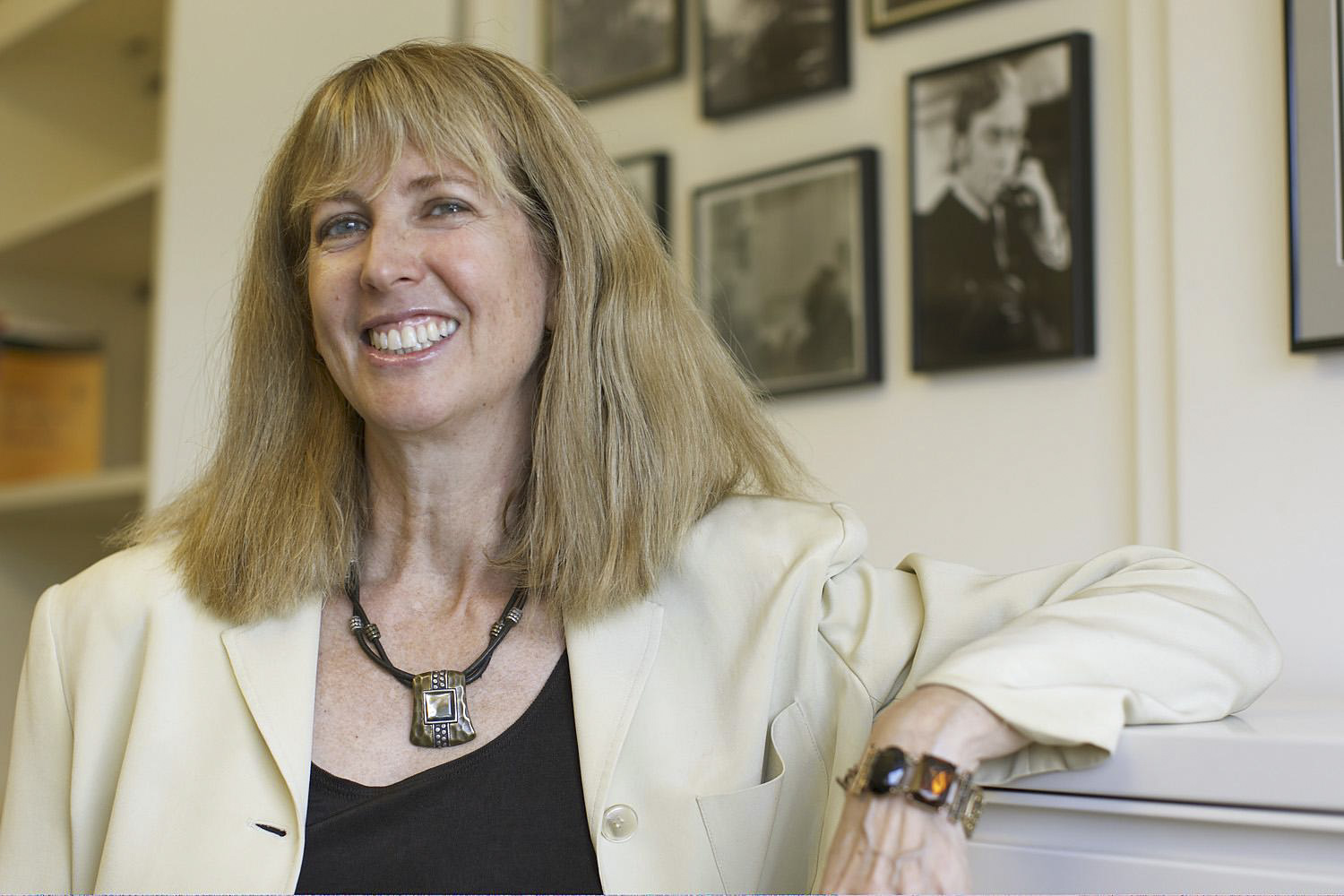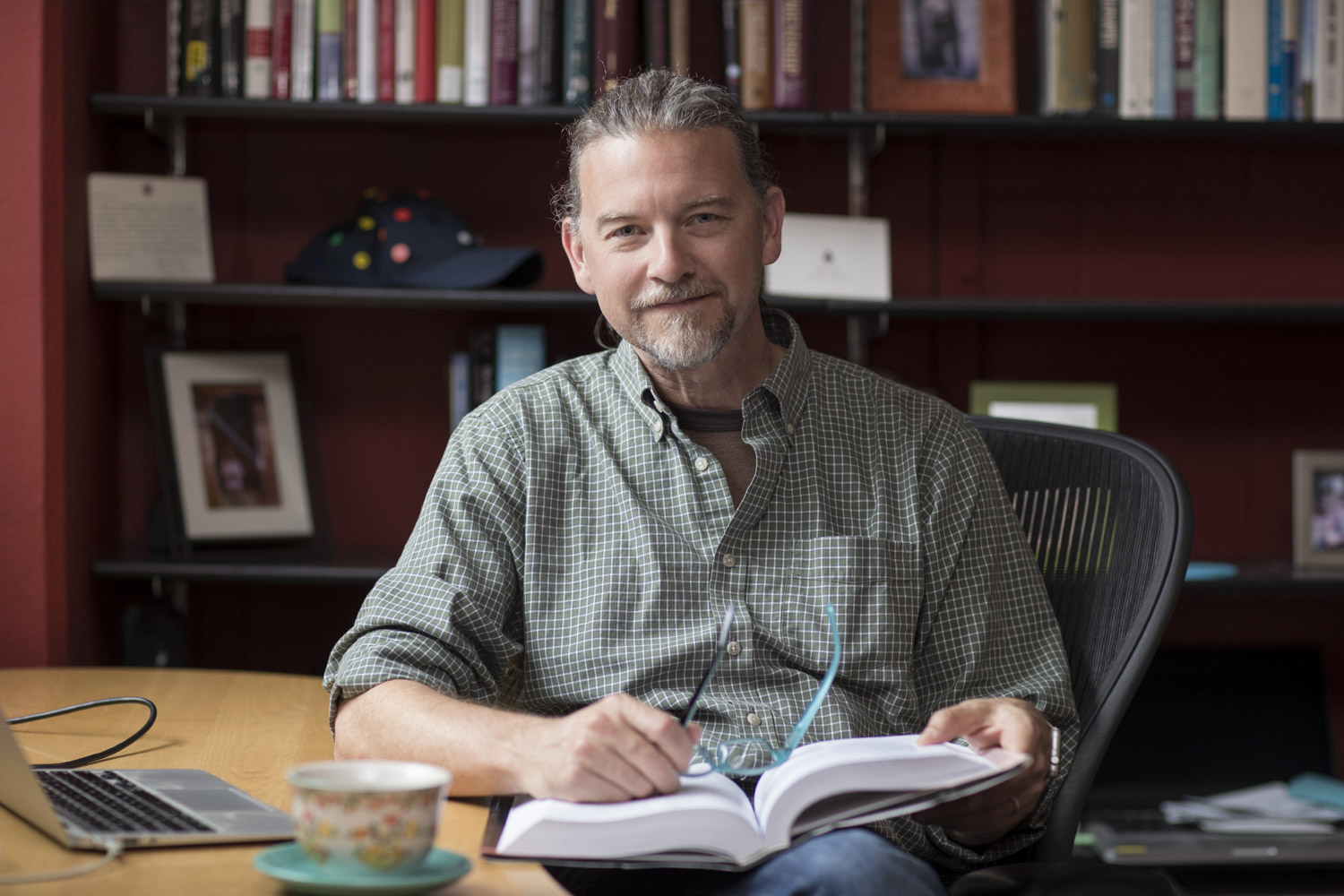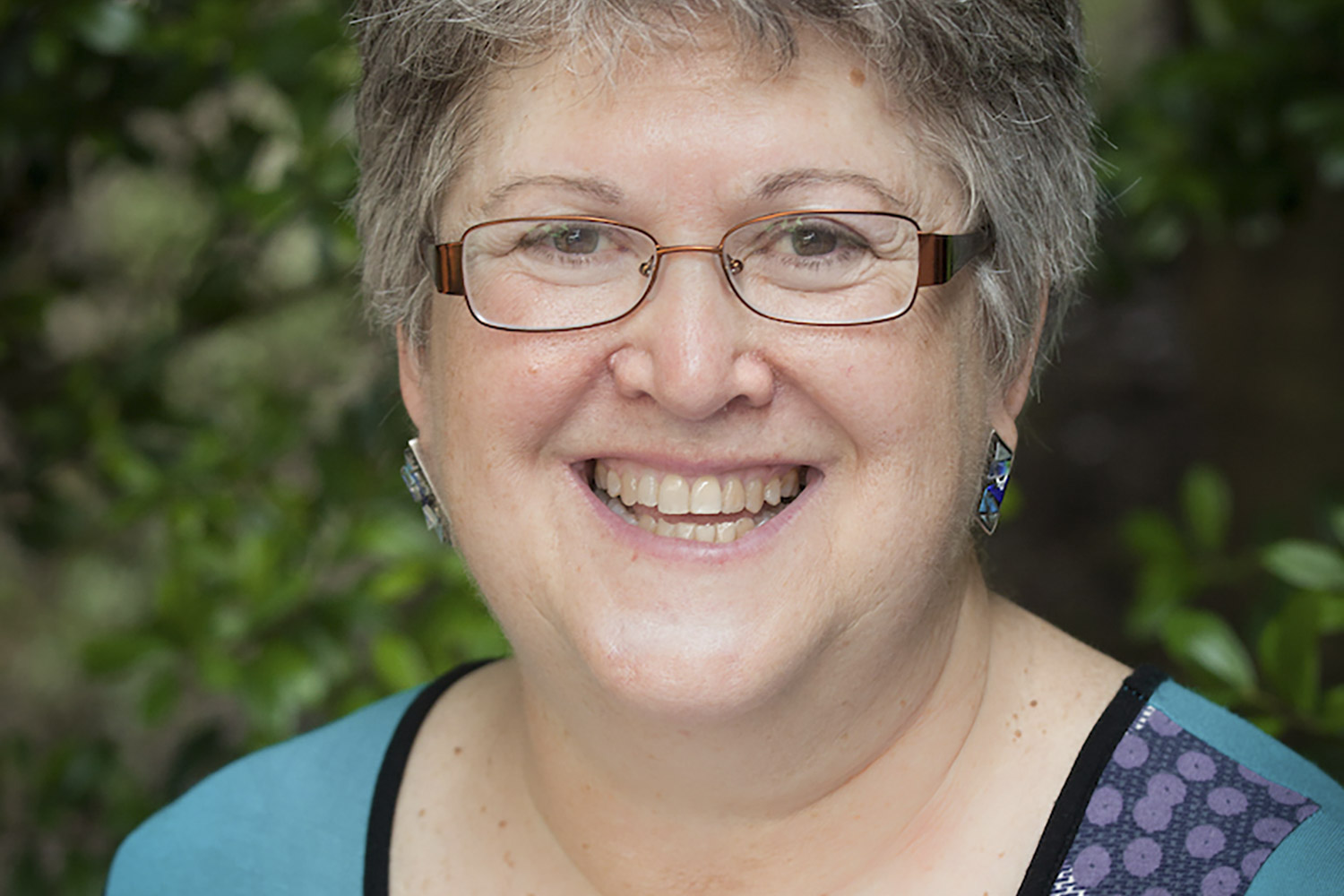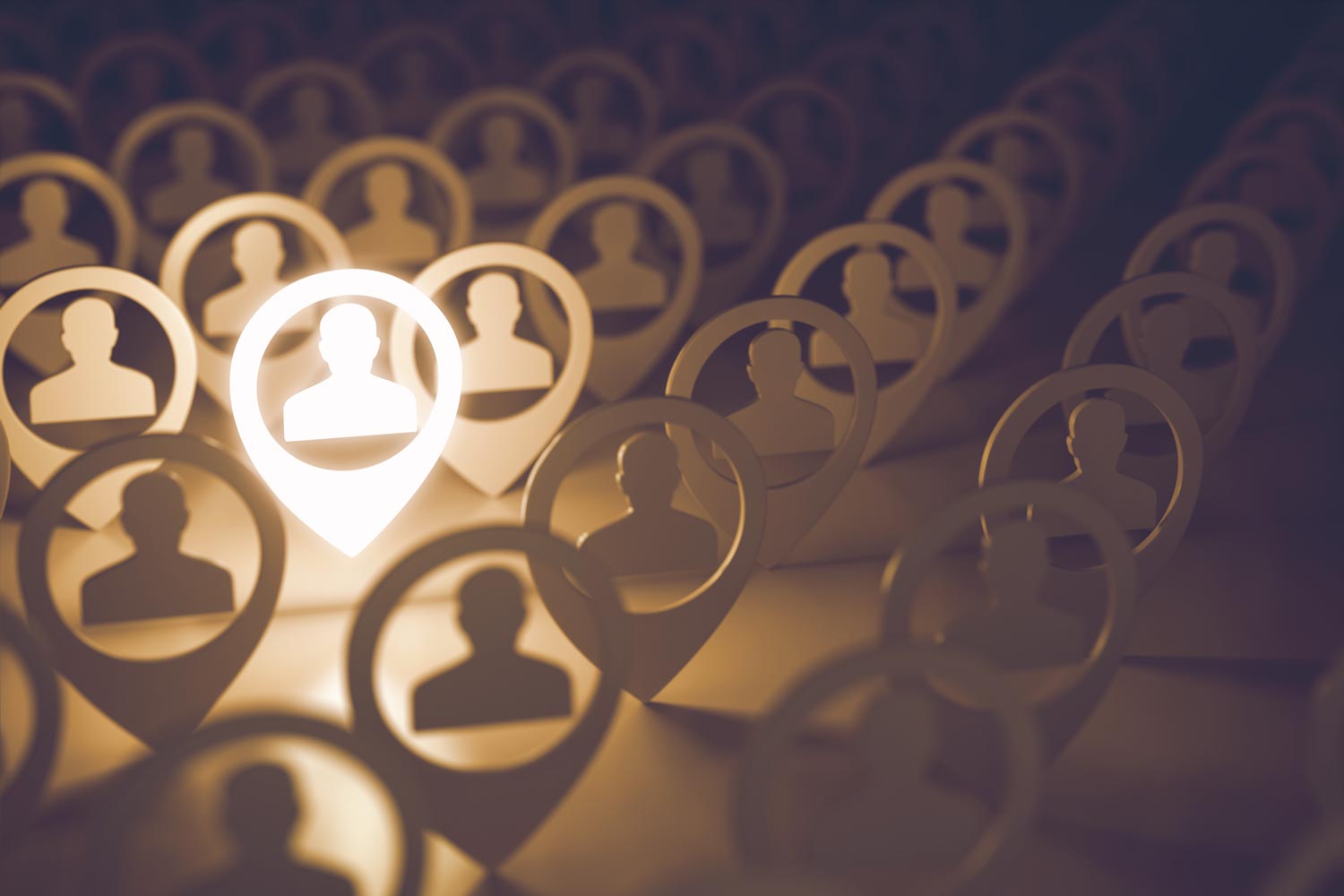In early October, the New York Times published a jaw-dropping article about sexual harassment and assault allegations against Hollywood producer Harvey Weinstein, claims that stretch back 30 years in what is now said to have been a well-kept secret.
The revelations unleashed many more accusations against Weinstein from some of Hollywood’s most famous actresses, from Angelina Jolie to Gwyneth Paltrow. One of the reasons it took time for these and hundreds of women in other industries to come forward with their stories of sexual abuse and harassment is the frightening prospect of speaking alone. The avalanche of sharing was sparked, in part, by six simple characters showing solidarity: #MeToo.
The social media phenomena started Oct. 15, when actress Alyssa Milano revived a 10-year-old campaign launched by Tarana Burke, who wanted to help women of color like herself cope after sexual assault. Social media users posted their stories publicly, affixing to them the #MeToo hashtag.
Since the Weinstein story broke and the social media outcry began, allegations of sexual abuse have been leveled in all walks of life, from Congress to the news media, the stand-up comedy scene, the restaurant industry and beyond.
What is it about the #MeToo campaign that has emboldened women, and to a lesser degree men, to publicly share their stories of abuse? UVA Today reached out to University of Virginia experts in the fields of media studies, psychology and women and gender studies to learn more about the power of the social media campaign.
Celebrity and Media
Andrea Press is the William R. Kenan, Jr. Professor of Media Studies and Sociology at UVA as well as a pioneer in the women’s rights movement.

Andrea Press just published a book, “Media and Class,” which is about social class issues and the media. (Photo by Jack Looney)
“I think it is a phenomenon of celebrity, what we are seeing right now, because in the Harvey Weinstein case, which was what really got everything going, it was very well-known, very famous, beautiful actresses who kind of came forward initially with these charges,” she said.
“And of course, many, many people – as the Facebook campaign #MeToo is showing – experienced harassment.”
Asked if she could recall another time when there was such an outpouring on the topic, Press thought back to 1991 and Anita Hill, who accused then-Supreme Court nominee Clarence Thomas of sexual harassment. “In the case of Anita Hill during the Clarence Thomas confirmation hearings, we also had a lot of discussion about sexual harassment. It’s a little different from assault. Harvey’s been accused of both.” she said.
“People feel a little safer now to come out with their stories because, as is the case with Anita Hill, often out-and-out, women are often discredited and criticized and all kinds of accusations are leveled at them when they come forward with stories like this,” Press said.
Media reports are also contributing to the landslide of allegations, but for a surprising reason. She said the industry didn’t cover Burke’s initial “Me Too” campaign because of media racism.
Plus, “I do think that the media loves to write about the media, and this case is about a very prominent media executive and a lot of the people who are now coming forward also work in media in varying capacities,” she said. “So, the media tend to think the media are a story even though those of us who work on issues of sexual harassment and sexual assault know that it is not only in the media where we are seeing this. It happens in many walks of life.”
There is also the flawed idea that the feminist revolution has already happened and change accomplished, Press said.

“There is this idea that feminism has taken place as a revolution and that women are being treated equally in work places, and I think we are finding – with such a widespread series of complaints against Weinstein just as one instance – that women really were not well-treated in the entertainment industry and that it was very widespread and that many people knew this and did not care or recognize it or report it or even comment on it.”
Another wrinkle: the media doesn’t know quite what to do with the story line “because it shatters a very strong, hegemonic, mainstream belief that we don’t really need feminism or feminist activism anymore because equality has been achieved,” Press said.
She likened it to race-blindness, “that we are simply blind to everyday instances of racism. And then, when we see racism become overt, we are quite shocked.”
Press said the community needs to continue to pay attention to what sexual harassment is. “Harvey Weinstein is a textbook case. I will probably use him for the next two decades when I teach about sexual harassment in my classes.”
The Psychology of #MeToo
“What we all know is this type of predatory behavior by powerful men is super-prevalent. It’s depressingly common,” said Jim Coan, an associate professor of psychology who studies how the brain regulates emotion.

Jim Coan is the director of the Virginia Affective Neuroscience Laboratory at UVA. (Photo by Dan Addison, University Communications)
“The key to understand why the more people come forward, the more people will come forward, is that that fear, that risk I should say, starts getting distributed across more and more people. And as that starts to happen, it is potentially less scary because you’re not alone,” he said.
In his studies, Coan has discovered that the brain is less responsive to a potential threat when a person is holding hands with someone that they know and trust.
“I think probably that a similar kind of process is happening here,” he said, of the #MeToo campaign.
“We’ve looked at this process in parents and children, where they were not holding hands – it was just proximity, and that seemed to do the job,” too, he added.
“This is just exactly that. The idea of #MeToo, the power of #MeToo is to communicate that you are not alone, and that is powerful,” Coan said.
The Effects of #MeToo
Claire Kaplan is the director of UVA’s Gender Violence and Social Change Program at the Maxine Platzer Lynn Women’s Center.
“The whole Harvey Weinstein thing seems to have blown the lid off in a way because so many women were abused by him and it just sort of started a chain reaction,” reaching Congress and people in the media and journalists, she said.

Claire Kaplan has served on the campus advisory committee for Futures Without Violence; the Board of Take Back the Night Foundation; and the Campus Task Force of Virginia Sexual and Domestic Violence Action Alliance. (Photo courtesy of the Maxine Platzer)
“I mean, it’s remarkable. But there is a part of me that feels very cynical when I think about Anita Hill and everything she went through,” Kaplan said. “So many women started speaking up about their experiences with sexual harassment. Some things did come out of it, but not nearly what we thought. People thought this was it. This was going to put an end to this, and no. Of course not.”
Kaplan said one silver lining is the move in Congress to require mandatory sexual harassment training for members of Congress.
As to the #MeToo campaign, “I always think it is wonderful when people tell their stories and tell their truths. It’s very important,” she said. “It’s good for the person who is telling it because it is cathartic. But it is also breaking the silence and I think that many people don’t understand the power of a collective voice. I feel that this outpouring will push us forward some. I don’t know how far.”
Media Contact
Article Information
November 20, 2017
/content/metoo-why-social-media-campaign-has-taken-hold

